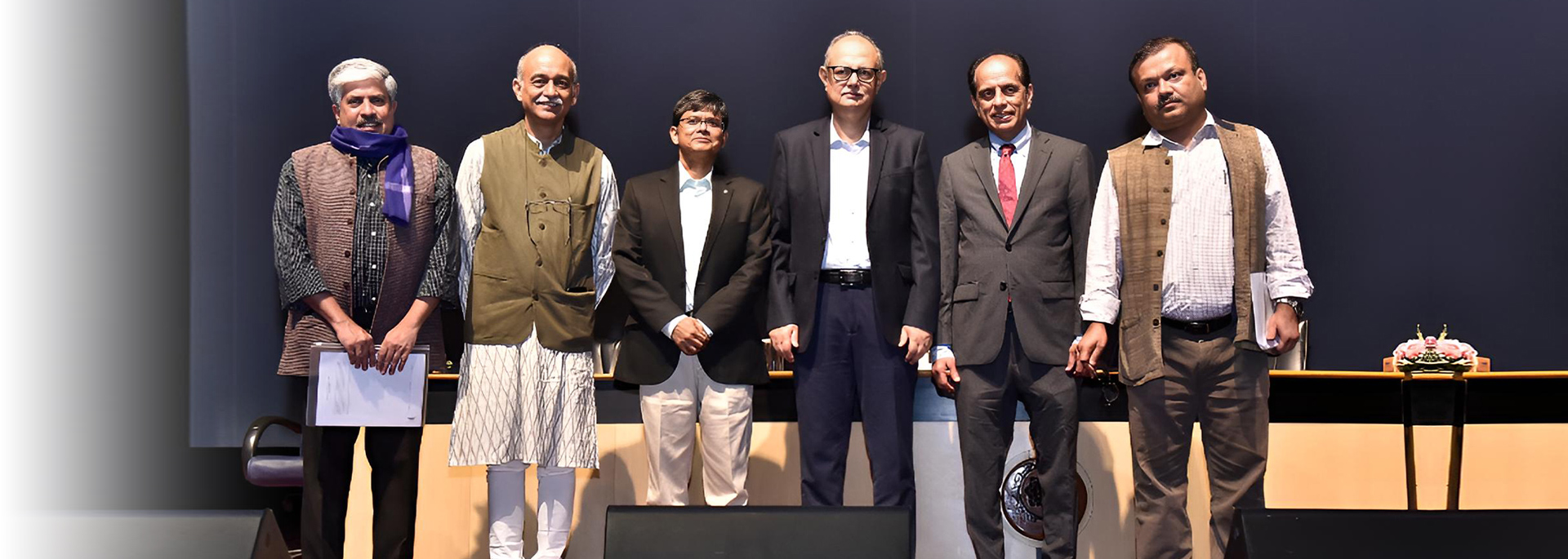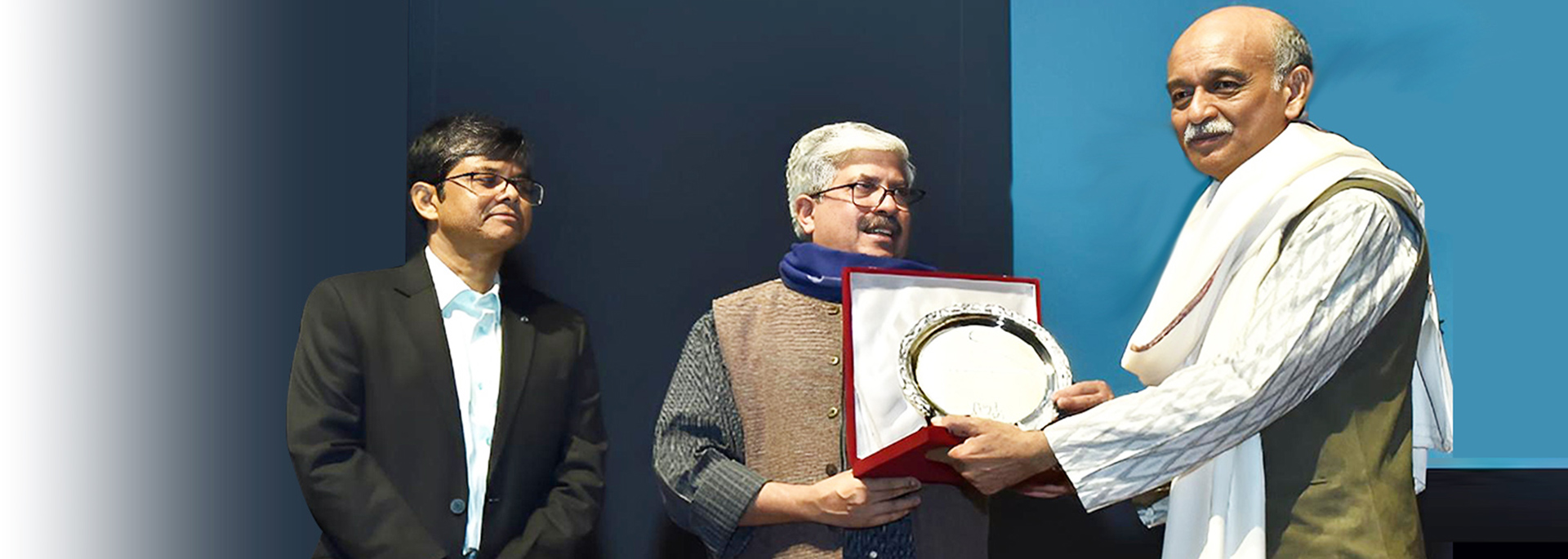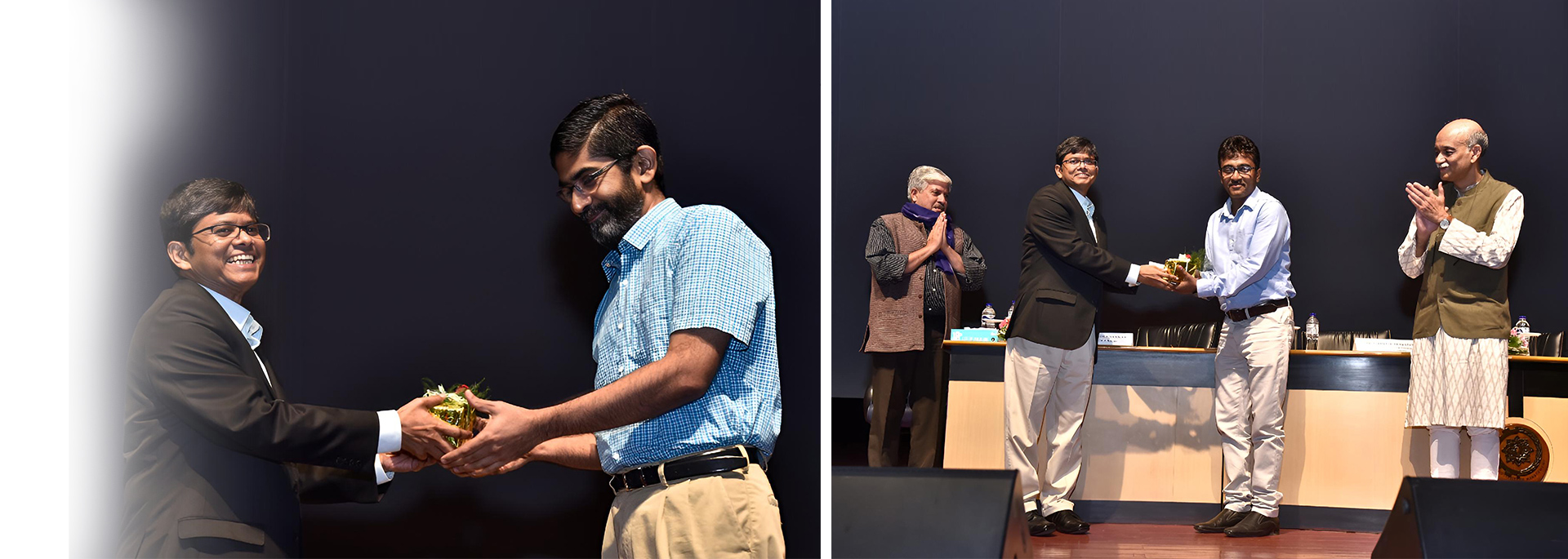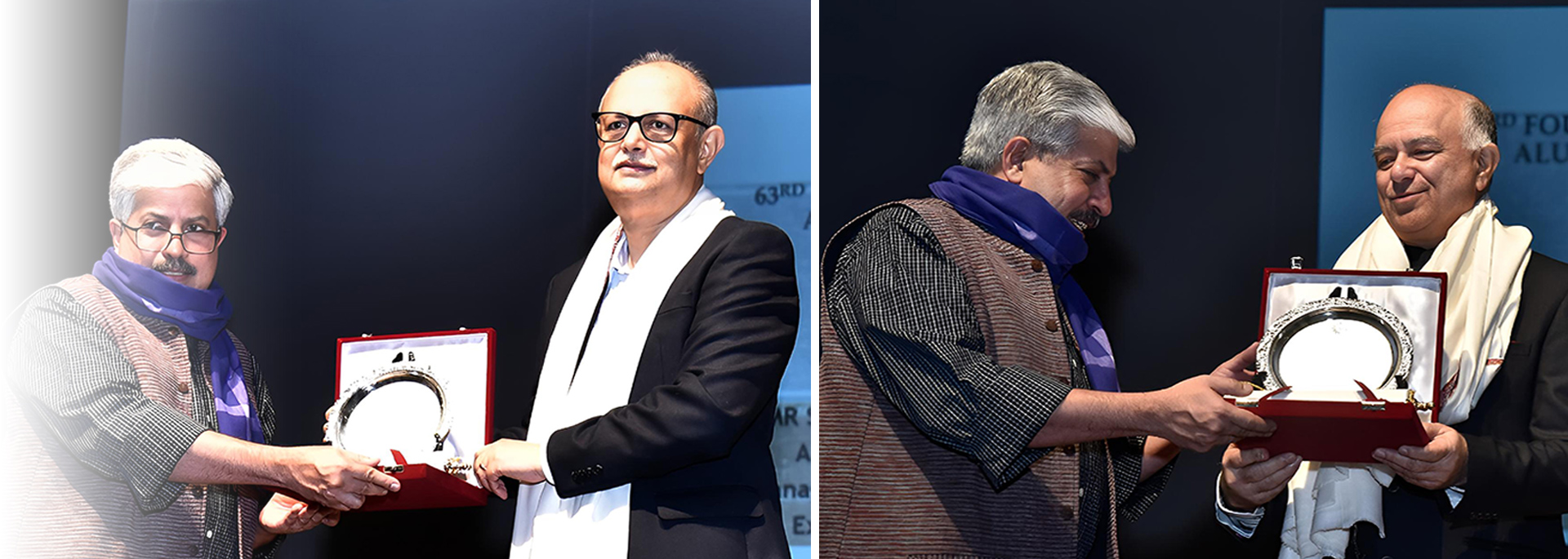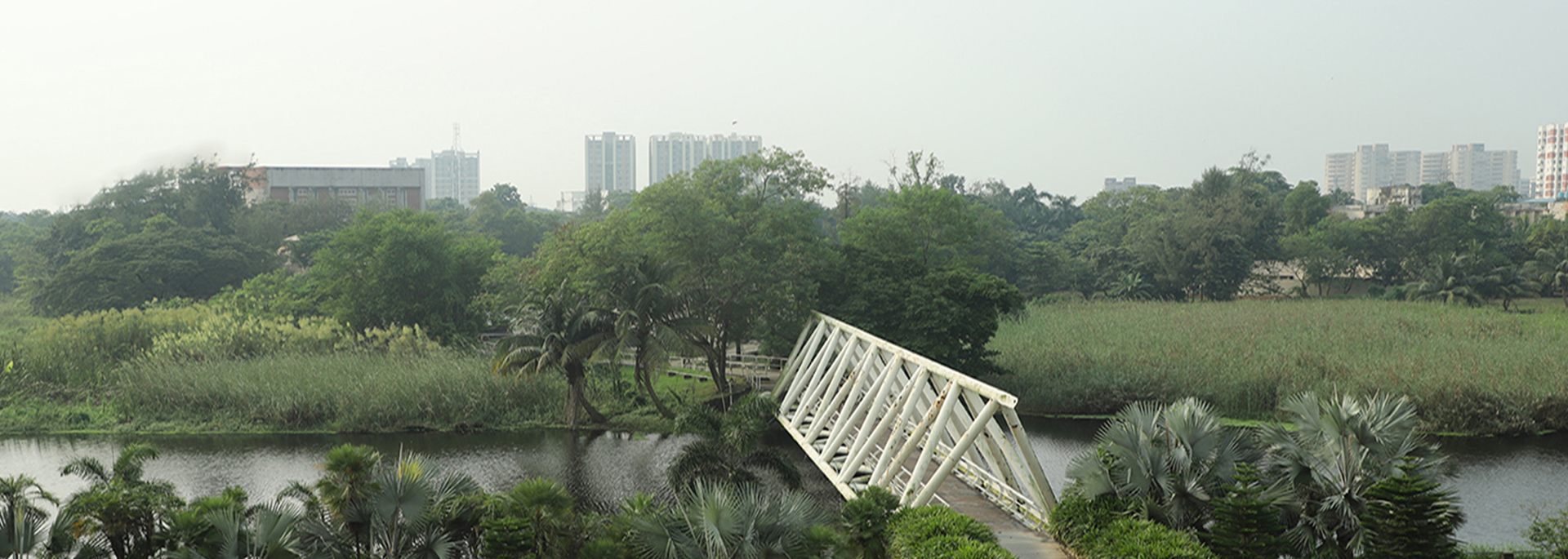
The book explores the idea of the Indian village in historical and contemporary context. It examines the ways in which this idea has ideologically interacted with the state. It brings out the reasons for the considerable analytical and theoretical significance that the idea of the village has had for Indian sociology. The book is particularly concerned with the ideological and political implications of the idea of the village. It argues that the village is constituted as a category through specific discourses and practices of the state. It is not a pre-given social morphological entity alone. It is intimately enmeshed with the act of categorising initiated by the state. It is the uncanny presence of the state in the life of the village that distinguishes the thickening nexus between the state and the village in our times.
About the Author:
Manish Thakur is Associate Professor at the Public Policy and Management Group of the Indian Institute of Management, Calcutta. Previously, he was lecturer in sociology at Goa University, and was a Fellow at the Indian Institute of Advanced Study, Shimla. His research interests are political sociology and development studies. His published research deals with rural development knowledge institutions and discourses, research–policy interface, political culture, disciplinary practices, social movements and public policy.
Available at:


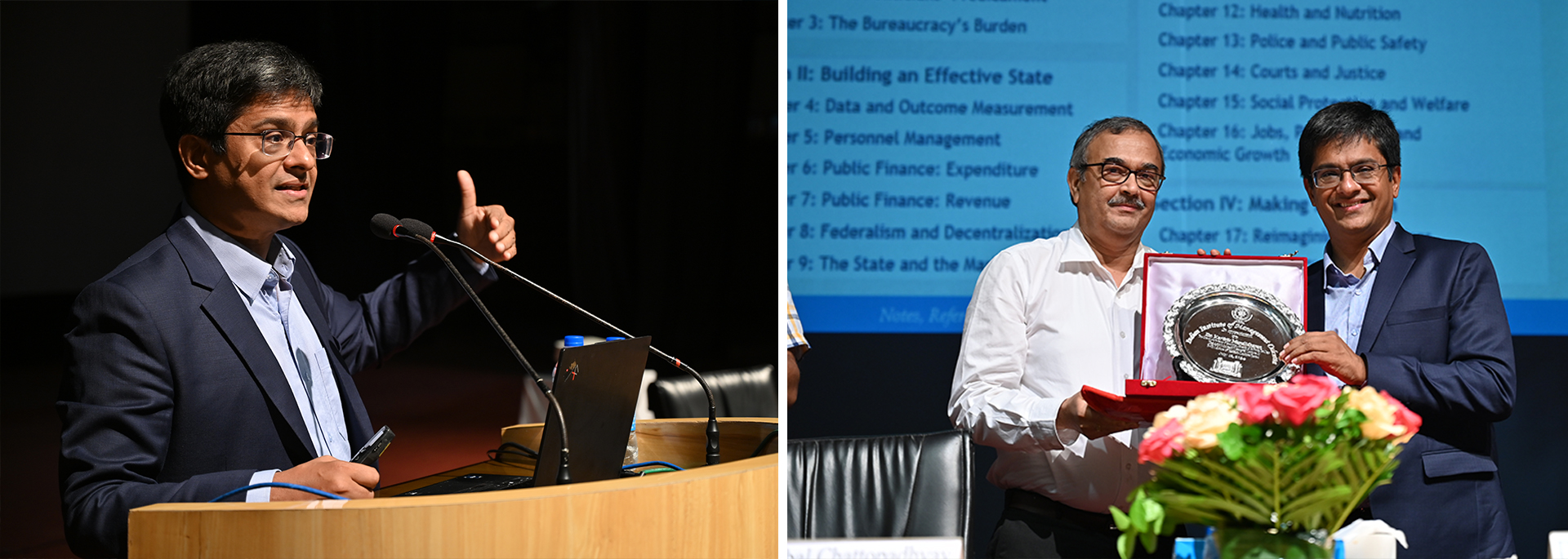
.png)
